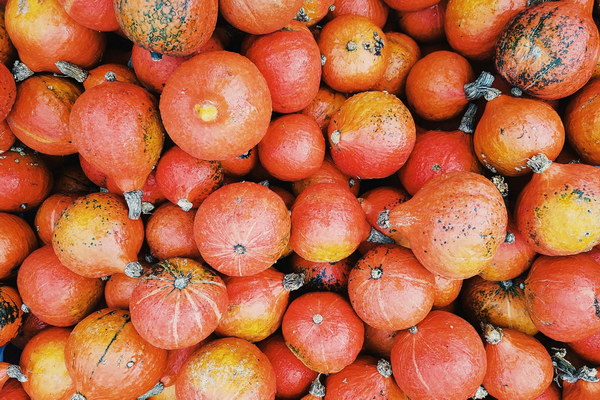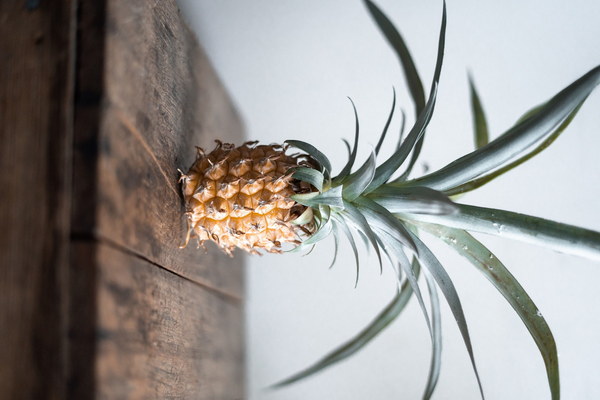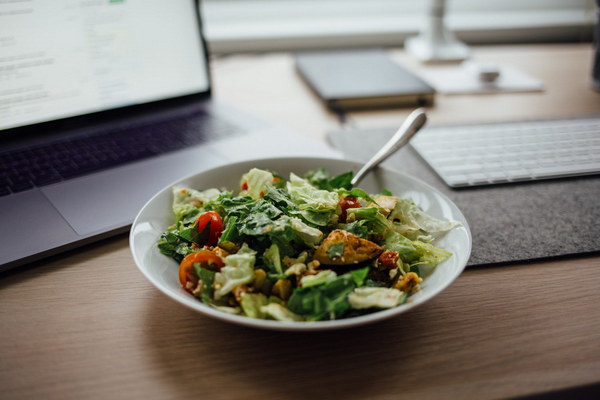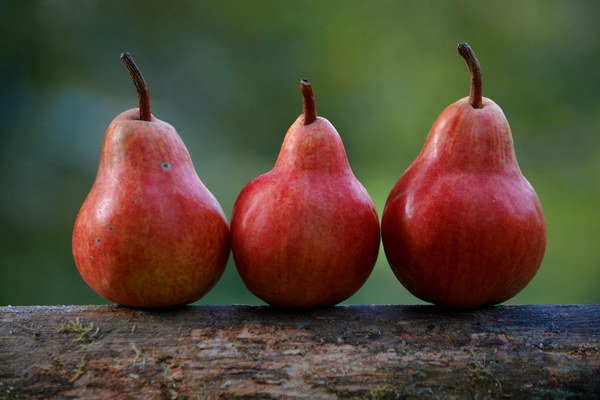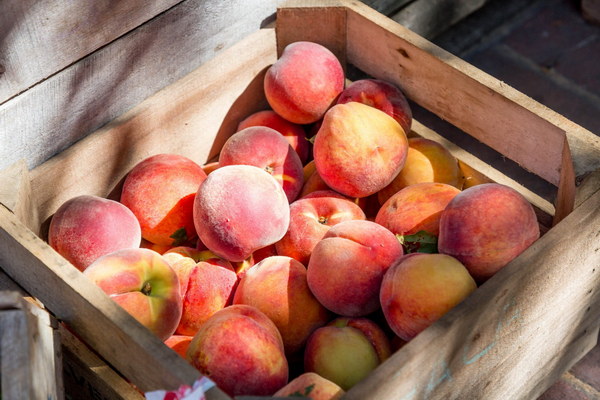Excessive Flatulence After Drinking Herba Epimedii A Surprising Side Effect of Moisture-Relieving Tea
In recent years, herbal tea has gained immense popularity due to its numerous health benefits. Among the various types of herbal teas available, Herba Epimedii, a traditional Chinese medicine, has been widely used for its moisture-relieving properties. However, many people have reported experiencing excessive flatulence after consuming this tea. This article aims to explore the reasons behind this phenomenon and provide some tips on how to alleviate the discomfort.
Herba Epimedii, also known as Cistanche deserticola, is a well-known herb in traditional Chinese medicine. It is commonly used to treat various health issues, including fatigue, impotence, and weakness. The herb contains several active components, such as polysaccharides, steroidal saponins, and alkaloids, which are believed to have anti-inflammatory, antioxidant, and immune-enhancing effects.
One of the primary functions of Herba Epimedii is to relieve moisture and invigorate the spleen, thereby improving digestion and eliminating dampness from the body. However, this very property can sometimes lead to an increase in flatulence.
Here are a few reasons why drinking Herba Epimedii tea might cause excessive flatulence:
1. Rich in fiber: Herba Epimedii contains a high amount of dietary fiber, which can stimulate bowel movements and improve digestion. However, excessive fiber intake can also cause gas and bloating, leading to flatulence.
2. Spleen and stomach imbalance: Herba Epimedii is known to invigorate the spleen and stomach. While this can help improve digestion, it may also cause an imbalance in the body, leading to an increase in flatulence.

3. Gas-producing foods: Some people may experience increased flatulence after consuming Herba Epimedii tea due to the presence of gas-producing foods in their diet. These foods can exacerbate the symptoms caused by the tea.
To alleviate the discomfort caused by excessive flatulence after drinking Herba Epimedii tea, consider the following tips:
1. Gradual intake: Instead of consuming a large amount of Herba Epimedii tea at once, try to gradually increase your intake. This will give your body time to adjust to the herb's effects.
2. Monitor your diet: Pay attention to the types of food you consume. Avoid gas-producing foods, such as beans, cabbage, and carbonated drinks, especially when drinking Herba Epimedii tea.
3. Combine with other herbs: Some herbs can help counteract the flatulence-inducing properties of Herba Epimedii. Consider combining it with other digestive herbs, such as ginger, fennel, or chamomile.
4. Adjust the dosage: If you find that the symptoms are too severe, consult a healthcare professional to adjust the dosage of Herba Epimedii tea or explore alternative moisture-relieving remedies.
5. Drink plenty of water: Staying hydrated can help improve digestion and reduce the risk of flatulence.
In conclusion, while Herba Epimedii tea can be a beneficial herbal remedy, it may cause excessive flatulence in some individuals. By understanding the reasons behind this phenomenon and taking appropriate measures, you can enjoy the health benefits of Herba Epimedii tea without experiencing discomfort.

